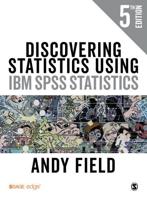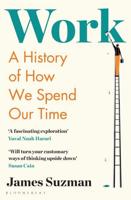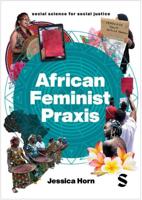Publisher's Synopsis
This book examines the socio-economic and demographic conditions of Scheduled Castes (SCs) with religious affiliation to Hinduism, Islam and Christianity -the three major religions in India-using large-scale, population-based, nationally representative survey data. It provides numerical estimates on the population size, distribution, and well-being of SCs across key domains of human development, including economic, education, and health of these religious groups. It describes the socio-political context, the constitutional provision and analyses the large-scale data in context of current debate of extending the reservation and welfare measures to scheduled caste across religion. In six analytical chapters, the book compares these three religious groups using multiple indicators alongside four other non-SC groups. The findings suggest that SCs across the three religious communities are heterogeneous in each domain of human development, showing significant variations in multidimensional poverty. Economically, SCs with religious affiliation to Hinduism are the poorest compared to scheduled caste with religious affiliation to Christianity and Islam. With respect to education, SCs with religious affiliation to Islam fare the worst and the health conditions across these groups show mixed patterns. The book also shows the socio-economic diversity within sub-castes of SCs in selected Indian states. This pioneering work provides evidence-based insights for policy interventions and developmental planning, making it a valuable resource for researchers, academics, policymakers, and social scientists.










